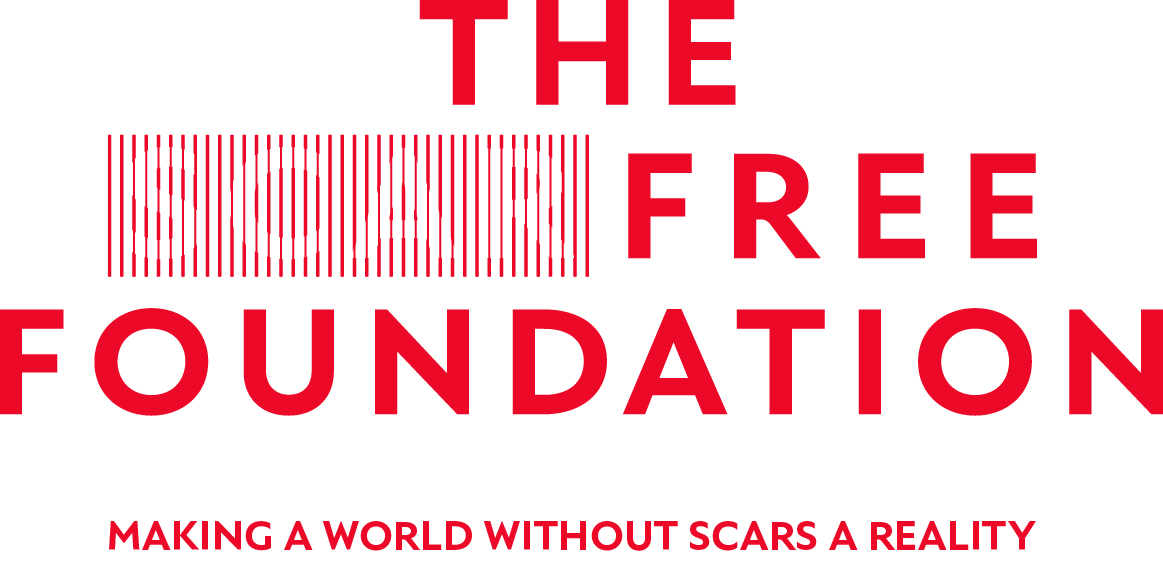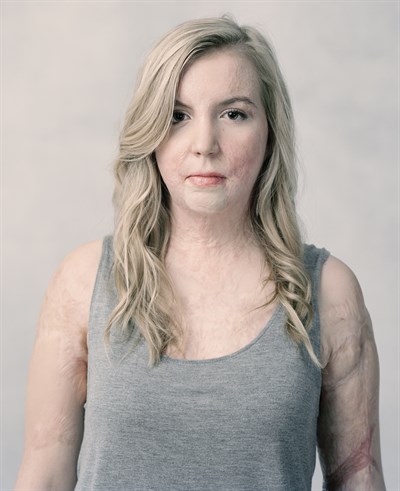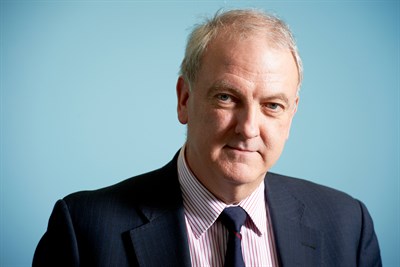
ABOUT US
The Scar Free Foundation is a medical research charity. Our Patron is HRH The Countess of Wessex, and our Board of Trustees is Chaired by Professor Sir Bruce Keogh the former National Medical Director of NHS England.
Since we were founded in 1999, we have overseen a £50 million programme of life changing clinical, scientific and psychological research into wound healing and reconstructive surgery.
We work with leading clinicians and researchers from world-class institutions across the UK to achieve our ultimate aim: a world without scars.
A scar is a mark left on the skin after a wound or injury has healed. When the human body suffers an injury, a biological process to repair the wound is triggered. Scarring itself is the production of excessive amounts of connective tissue produced as the body reacts and repairs the wound. Our body’s priority is very much on fast wound closure rather than restoring the injured area to how it was previously. This imperfect process results in the creation of a scar.
For some people, scarring is by no means the endpoint of their illness or injury. Along with changing the way we look, scars can considerably affect how we are able to use our bodies and even our ability to breathe.
 |
“A scar is something that happened in the past, yet you still have to take it with you forever. It’s a constant reminder of something you don’t want to be reminded of. I don’t think it needs to be. If a scar could be something in the past, and nothing else, that would make a huge difference. I like the idea that someone else might not have to go through it at all. I think that’s an amazing ambition.”
India Gale
|
Scarring affects over 20 million people in the UK but figures show that scarring is not talked about enough in our society and there is still a lack of public awareness of the physical – as well as emotional – impact that scarring can have on people.
OUR RESEARCH
The research we fund directly addresses our Scar Free Strategy. As members of the Association of Medical Research Charities and the Ensuring Value in Research Funders Forum, we fund openly, fairly and, through our Advisory Panels and Research Council, ensure good governance of our research.
Professor Peter Weissberg Medical Director of the British Heart Foundation, our Research Council Chairman, and Professor Paul Stewart, Dean of Medicine and Health at the University of Leeds, our Chief Scientific Adviser are expertly placed to coordinate our ambitious programme of research.
Our current research portfolio is as follows:
Cleft lip and/or palate is the most common facial birth defect. Established in 2012 and hosted by the University of Bristol, The Scar Free Foundation Cleft Gene Bank and Cohort Study collects biological samples of children born with a cleft and their parents, along with information on demographic, lifestyle and psychological data. With more than 9,000 individuals now participating in the study, making it one of the world’s largest biobanks, the study is providing unprecedented insight into what causes cleft, the best treatments and how a cleft might affect a child as they develop.
Established in 2020, The Scar Free Foundation Programme of Wound Healing Research at the University of Bristol combines Bristol’s established expertise in wound healing biology and population-based cohort studies of human disease, in order to identify scar associated genes.
Also established in 2020, the primary focus of this programme is the development and translation of the team's novel techniques for 3D printing soft tissue – initially cartilage – for use in facial reconstructive surgery. In addition, the team is developing existing collaborations and research in the area of ‘big data’ and health informatics to gain a comprehensive understanding of the prevalence, aetiology, impact (both psychological and physical), and outcomes of facial scarring in Wales.
Research at the Centre is helping to advance the rehabilitation and recovery of servicemen and women wounded on the battlefield and of civilians injured in terrorist incidents. The Centre is based at the Queen Elizabeth Hospital, Birmingham, home of the Royal Centre for Defence Medicine. It was opened in November 2019 by the Foundation's Patron Her Royal Highness The Countess of Wessex. In addition to the research in Birmingham, researchers at the Centre for Appearance Research at the University of the West of England are currently undertaking a large-scale psychological project and two pilot projects at Imperial College London are currently underway.
Since 2012 we have helped establish the UK as a global leader for burns research. The Scar Free Foundation UK Burns Research Network, supported by the VTCT Foundation, brings together researchers with clinicians and patients from Burns Centres across the UK to prevent common burns injuries, test and develop new scar free and rehabilitative burns treatments.
 |
“Think back through medical history. Imagine a world without vaccination, where small pox and polio are rampant. Imagine a world without antibiotics. Imagine a world without microscopes, x-rays, CT, and MRI scanners. Like the medical innovations of the past, scar free healing is driven by an ambition to improve lives and has the potential to transform the clinical outcomes of millions of people.”
Professor Sir Bruce Keogh, Chairman
|
Student Elective funding
The Scar Free Foundatoin are offering one Elective in conjunction with the CFSGBI.
The award will provide one student with the opportunity to broaden their perception and experience of research into craniofacial care and treatment, during a 4–8-week supervised period. The Award is worth up to £1,200 and is available for students wishing to undertake projects in the UK and Ireland. Medical, dental, nursing, psychology and speech & language therapy students are eligible to apply. The deadline date is the 3rd March 2023. Further information and an application form are available at: https://scarfree.org.uk/research/funding/student-electives-2023